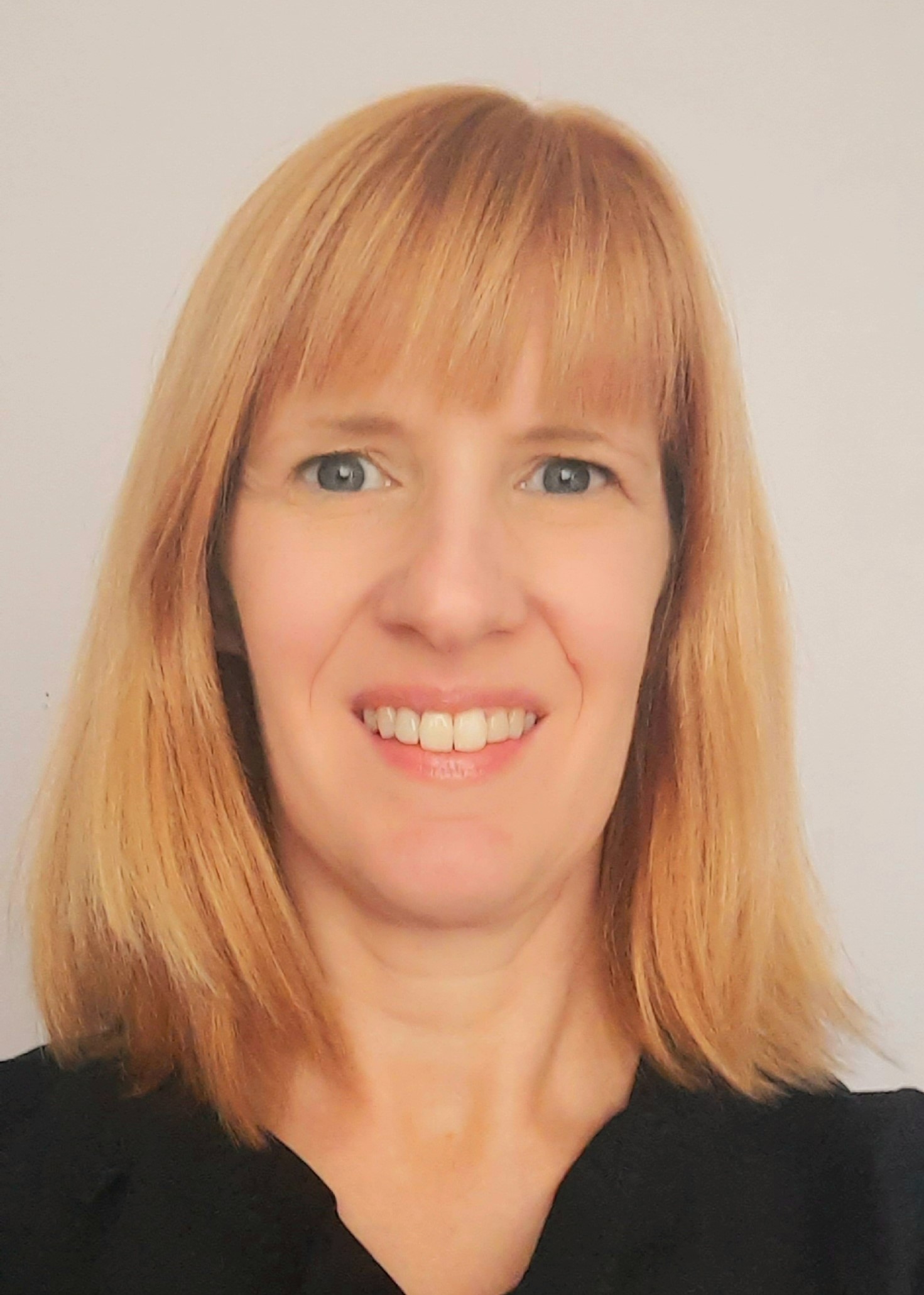Ume Habiba
Occupational Therapist


Hilary Lewis
By about the age of 15, I knew that I wanted to work in one of the “caring professions” -to spend time with people, get to know them as individuals and build relationships.
Being creative was also important to me. I heard about occupational therapy and shadowed an OT for my work experience in Year 11. This showed me there was the option to work closely with patients in both physical and mental health settings, to be creative but also use scientific knowledge.
I knew I could work in a variety of settings and this was quickly realised, with a mixture of placements during my degree.
Beginning work on a rotation scheme, I spent six months each on a busy medical ward, a community mental health team and an acute mental health unit.
I hoped there would be opportunities to progress into leadership roles and this was also possible. After specialising in working with people with mental health problems, I became a Team Manager and later a Professional Lead.
There was the option to work closely with patients in both physical and mental health settings, to be creative but also use scientific knowledge
I had started to become interested in research when my NHS Trust funded me to complete a Masters degree in psychotherapy. There were colleagues around me that helped me to develop my ideas and encouraged me to pursue my research interests in mental health.
I approached a Professor at the University of Leeds who was interested in the same field, and she helped me to learn about the world of health research, and supervised me through my first research project.
I have now been fortunate to have been awarded a Doctoral Fellowship by the National Institute for Health and Care Research. This means I am now working towards a PhD at the University of Leeds but continue to be paid my NHS salary.
I am working on a research project that I designed with my supervisors at the University of Leeds. My days are varied – sometimes I am reading the latest papers about occupational therapy, sometimes visiting specialists in my field around the country.
I’m also talking to patients about what they want from therapy. This will all help our team to design a new occupational therapy treatment. The fellowship means I also continue to work as a therapist at the hospital one day a week, so I can keep developing my clinical skills.
I am able to combine doing my PhD whilst still seeing patients at the hospital, which to me is the best of both worlds
When you have a busy clinical job, it can be hard to find time to focus upon research, and seeing patients rightly takes priority. A supportive manager helped me to work flexibly and carve out pockets of time, and this helped me apply for funding for my research projects.
Juggling clinical work and research is a challenge. But I love that I get to study and learn as part of my job – that learning isn’t over after you finish university!
I am able to combine doing my PhD whilst still seeing patients at the hospital, which to me is the best of both worlds. And I hope to contribute to improving occupational therapy treatment for people in the future.
Find a supervisor or mentor at a local University, or a colleague who is already involved in research to help you understand the research world and to encourage you. This can be within or outside Occupational Therapy.
When you take time to look up and out of your immediate workplace, you will start to see other opportunities and find academics who are keen to help you. I have always been so pleasantly surprised at how approachable academics are, and how they want to make contact with clinical staff “on the floor”. They have helped develop my career and encouraged me to take brave steps!
Once qualified to be an Occupational Therapist, there are many career opportunities available, such as research, education, leadership and various specialist clinical areas. Take a look at some of our Occupational Therapy role models who share their career paths
Interested in finding out how to become an Occupational Therapist? Want to explore other careers journeys of Occupational Therapists?
Find out more